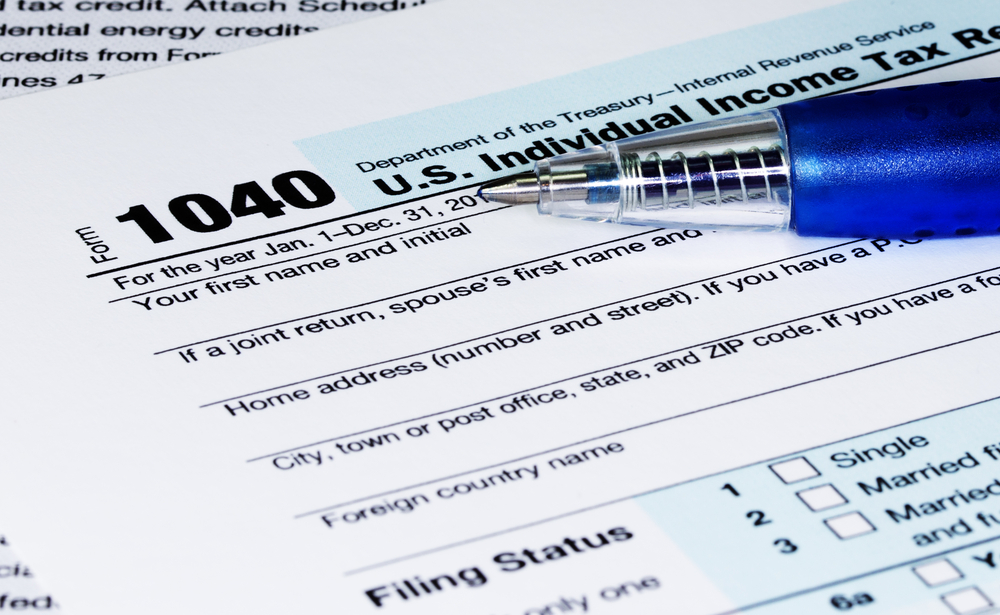The IRS has experienced an increase in fraudulent filing problems. The Government Accountability Office issued a report in January titled “Identity Theft and Tax Fraud”. The report states that while the IRS prevented $24.2 billion in fraudulent identity theft refunds in 2013 the IRS actually paid out $5.8 billion that were only realized as fraudulent later.
Tax-related identity theft occurs when someone uses your Social Security number to file a false tax return claiming a fraudulent refund. Data breaches involving just credit card numbers, driver’s license numbers, etc, without your social security number, while serious, will not affect your tax account.
The Internal Revenue Service stops the vast majority of fraudulent returns. If fraud is suspected, the IRS will contact you via mail. You should follow the instructions in the letter. Oftentimes this letter will state that IRS wants to verify your identity before issuing a tax refund. If you have not yet filed your tax return, this is a definite warning that someone has filed a return with your social security number to claim a refund. You should follow the instructions in the letter. Also contact our office and provide a copy of the letter received.
PLEASE NOTE: The IRS does NOT contact you via Electronic Mail or phone calls. E-mails or phone calls purporting to be the IRS are scams and should not be acknowledged.
Secondly, if we attempt to electronically file your return and the return is rejected for duplicate social security numbers there is a very strong likelihood that a fraudulent return has been filed utilizing your social security number.
If either scenario exists, your tax return will need to be filed on paper rather than electronically. Form 14039 must be attached to the return and photo identification attached. Respond promptly to any correspondence from the IRS.
Also, as a possible victim of identity theft, you should consider the following actions:
- Contact one of the three major credit bureaus (Equifax, Experian, or TransUnion) to place a “fraud alert” on your account
- Try to determine where or how the personal identifiable information has been lost or stolen.
- If a company lost your data, they sometimes offer special services such as credit monitoring, to assist victims
- Close any accounts that have been tampered with or opened fraudulently

